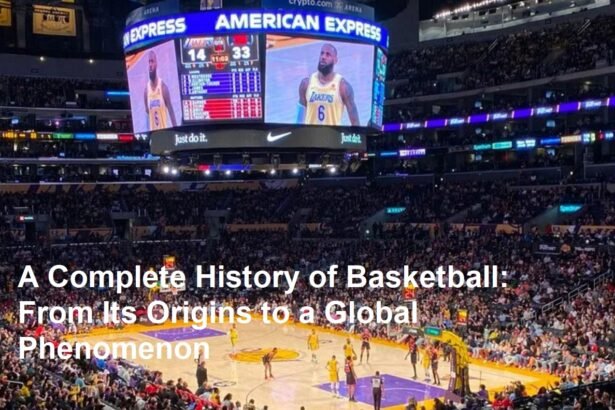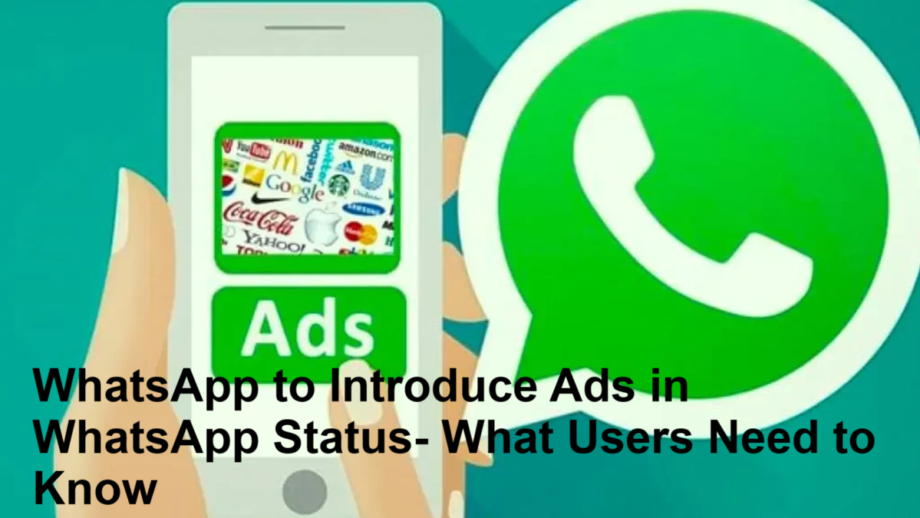Introduction
WhatsApp, one of the world’s most popular messaging apps, is planning to introduce advertisements in the WhatsApp Status feature. This upcoming change is set to bring a new revenue model to the platform while potentially altering the user experience. This article explores the details of WhatsApp’s decision, the implications for users and advertisers, and what this means for the future of the app.
WhatsApp’s Shift to Ad Integration
WhatsApp, owned by Meta Platforms Inc., has historically maintained an ad-free experience for its users, focusing on free and private messaging services. However, the company announced plans to integrate ads into the WhatsApp Status feature, which allows users to post photos, videos, and text updates visible for 24 hours to their contacts. Ads will be displayed in between user statuses, offering a new advertising opportunity that could generate significant revenue for WhatsApp and its parent company.
This change reflects a broader trend among social media platforms to monetize popular features through advertising, helping fund ongoing app development and support.
How Ads Will Appear in WhatsApp Status
The ads in WhatsApp Status will resemble stories ads that users are familiar with on other platforms like Instagram and Facebook. These ads will appear as full-screen vertical content that users can tap or swipe through just like they do with normal Status updates. The ads are expected to be targeted based on user data, allowing for personalized advertising experiences.
Key features include:
- Ads placed seamlessly between status updates.
- Full-screen vertical ad format.
- Personalized ad targeting leveraging Meta’s advertising network.
- Ability for users to interact with the ads in multiple ways, such as clicking links or watching videos.
User Privacy and Data Considerations
WhatsApp has always emphasized end-to-end encryption and user privacy. With the introduction of ads, concerns about privacy data usage have naturally emerged. WhatsApp states that the ads will not compromise the encryption of messages or calls, and user messages will remain private and unreadable by the company.
However, personalized ads will be powered by aggregated and anonymized data from user activity across Meta’s platforms. This means advertisers will be able to reach more relevant audiences without compromising the core privacy features of WhatsApp messaging.
Implications for Businesses and Advertisers
The advertising opportunity on WhatsApp Status opens a new marketing channel for businesses targeting millions of users globally. Brands will now have the ability to connect with users in a highly engaging and visual manner on a platform historically free from ads.
Advertisers can expect:
- Access to WhatsApp’s huge user base for ads.
- Integration with Meta’s advertising tools for targeted campaigns.
- Opportunities for brand awareness and direct response marketing on WhatsApp.
- Enhanced reach via a new ad format in a user-friendly interface.
What This Means for WhatsApp Users
While ads will create new revenue for WhatsApp and support platform maintenance and development, some users may find ads intrusive in a space that was previously ad-free. The company aims to balance monetization with a smooth and non-disruptive user experience.
WhatsApp might also introduce user controls and options to manage ad experience, though details have yet to be fully disclosed. Ultimately, ads in Status could change how users interact with the feature but might be accepted if the app remains reliable and privacy-focused.
Conclusion
Introducing ads in WhatsApp Status marks a significant evolution for the app and Meta’s broader advertising ecosystem. While potentially controversial among users accustomed to an ad-free experience, this step signals WhatsApp’s adaptation to modern social media monetization models. For businesses, it presents exciting new ways to connect with audiences, while users will experience a blend of free messaging and targeted advertising.
As WhatsApp rolls out ads, the balance between privacy, user experience, and monetization will be closely watched by all stakeholders.









